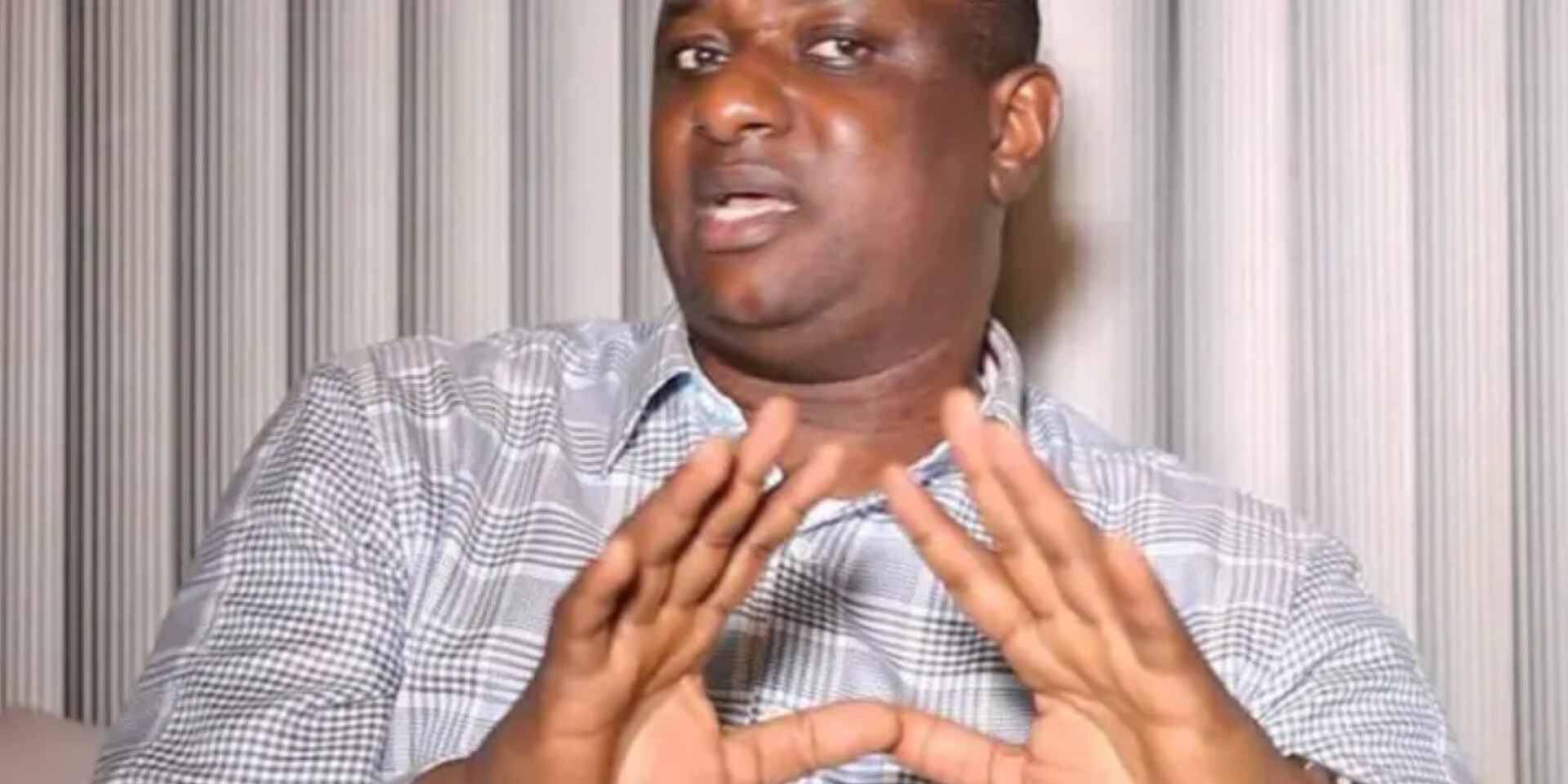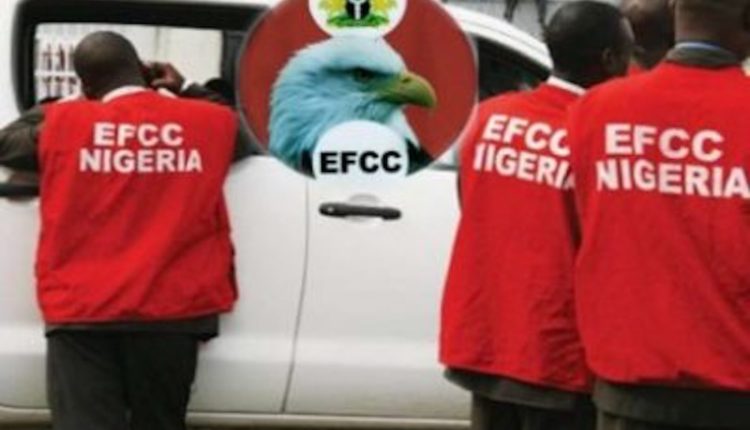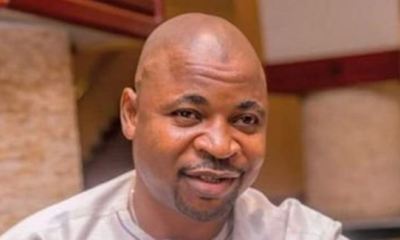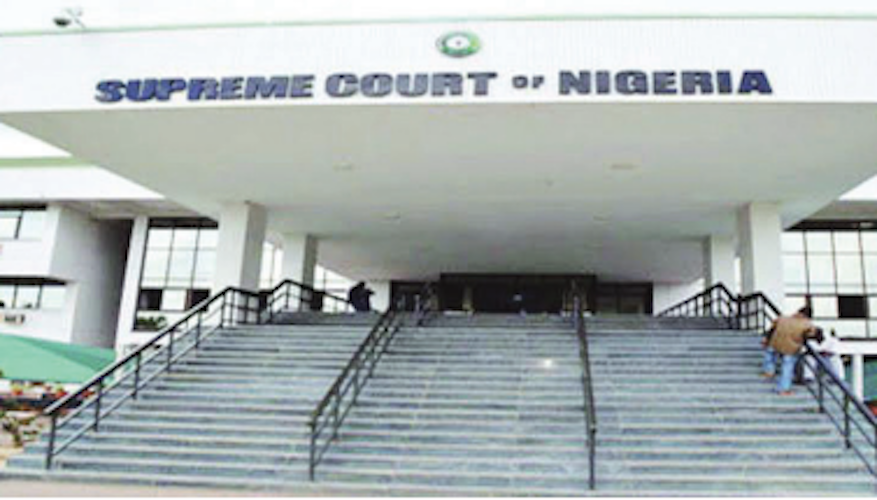Law
CSU saga: Keyamo says forgery allegation is not tenable

The Minister of Aviation and Aerospace Development, Festus Keyamo, has lambasted the Presidential candidate of the Peoples Democratic Party (PDP) in the 2023 general elections, Atiku Abubakar over the forgery allegation levelled against President Bola Tinubu
According to him, the Chicago State University certificate President Bola Tinubu submitted to the Independent National Electoral Commission was secured from a third-party vendor.
The former chief spokesman of the dissolved Tinubu-Shettima Presidential Campaign Council made the statement via his official X account on Sunday.
The development was coming after the Peoples Democratic Party presidential candidate, Atiku Abubakar, filed new documents against Tinubu before the Supreme Court in which he accused the President of forgery and lying under oath, and should therefore be disqualified and removed from office.
The evidence filed by the former vice president was the academic records of Tinubu, which were handed over to him by the Chicago State University on Monday following the order of an Illinois court in the United States of America instructing the institution to release the academic records as requested by Atiku.
The PDP candidate had requested the documents for use in Nigerian courts to support his argument that Tinubu forged a certificate he claimed to have obtained from the CSU in 1979 and submitted to the country’s electoral body, the Independent National Electoral Commission, for the 2023 presidential election.
But Keyamo insisted that all the sentiments and allegations of forgery being peddled around the president’s credentials were baseless, adding that it was the duty of Atiku and his supporters to get the undisclosed vendor that issued the replacement certificate to deny its authenticity.
He said, “I have been a defence and prosecution lawyer at the highest level in criminal trials for more than 30 years. You cannot allege or prove forgery except the purported maker of the document denies its authenticity or there is uncontradicted evidence of a forensic report that categorically says the document was deliberately altered or concocted by the person who uttered (in a legal sense) or issued it.
“Applying this principle to the case of Atiku Abubakar Vs Chicago State University, so long as the university openly said they do not issue replacement certificates. But (added) that vendors do so on their behalf. All these noise about so-called forgery are useless until the particular vendor that issued the replacement certificate to Tinubu denies its authenticity. And it is the duty of the accuser to fish out the said vendor and get that evidence. It is not the other way around. He who alleges must prove.”
According to the Senior Advocate of Nigeria, it was the same basic principle he deployed in defence of former President Muhammed Buhari when a similar scenario played out during his tenure.
While reiterating that Tinubu has no case to answer, Keyamo sarcastically urged Atiku to quietly bow out of politics.
“This is the simple principle I laid down in 2019 during our defence of President Buhari that has been so mischievously celebrated as if they have hit the bull’s eye. Unfortunately for them, Tinubu is as clean and white as snow on this issue and we are again waiting for them at the Supreme Court.
“As for Atiku Abubakar (the famed SPV king and the one who disgraced Nigeria internationally with the money-laundering case involving Congressman William Jefferson), we acknowledge the valedictory speech he delivered a few days ago signifying his retirement from politics and we wish him Godspeed in that retirement,” he stated.
Law
EFCC Grants Bail to Two Kogi Officials, wants Yahaya Bello’s Fraud Case adjurned

The Economic and Financial Crimes Commission (EFCC) has granted administrative bail to two co-defendants, Umar Oricha and Abdulsalami Hudu, in a fraud case involving former Kogi State Governor, Yahaya Bello. The case, centered on charges of fraud totaling N101.4 billion, has been adjourned until November 27, 2024, by the Federal High Court in Abuja.
At the hearing before Justice Maryann Anenih, EFCC Counsel Jamiu Agoro requested an adjournment, noting that the 30-day compliance period for Bello’s summons, issued on October 3, had not yet expired. Agoro explained that the November 20 court date was inconvenient for the prosecution, and that seeking an arrest warrant would be premature as Bello still had a few days to respond to the summons.
Both the second and third defendants’ legal representatives supported the adjournment request.
Following this, Justice Anenih approved the EFCC’s request, extending the deadline for Bello’s appearance and authorizing service of the hearing notice to be sent to his last known address.
In a parallel development, the Federal Capital Territory (FCT) High Court in Maitama ordered a hearing notice to be posted at Bello’s residence on Benghazi Street, Wuse Zone 4, Abuja, and on the court’s notice board.
This step follows multiple missed court appearances by Bello since the public summons was issued, urging him to appear for arraignment on 16 counts related to the alleged fraud.
Justice Anenih emphasized the importance of due process, setting November 27, 2024, as the final date for Bello’s court appearance. This case has drawn attention to the EFCC’s efforts to enforce accountability among high-profile figures in Nigeria amidst allegations of large-scale financial mismanagement.
Law
Appeal Court Sacks MC Oluomo as NURTW National President, Reaffirms Baruwa’s Leadership

In a significant development, the Court of Appeal has annulled the appointment of Musiliu Akinsanya, popularly known as MC Oluomo, as the National President of the National Union of Road Transport Workers (NURTW).
The ruling upheld a previous ruling by the National Industrial Court, which had already recognized Tajudeen Baruwa as the rightful leader of the union.
The legal dispute surrounding the NURTW’s leadership has been ongoing, with tensions escalating within the organization.
Despite the court’s ruling in favor of Baruwa, MC Oluomo was recently elected by the Southwest Zone of the union during the Quadrennial Delegate Conference held last week in Osogbo, Osun State.
This election took place amid growing concerns and disputes within the union’s regional factions.
The Appeal Court’s decision is expected to settle the leadership question, restoring Tajudeen Baruwa’s position as the legitimate National President of the NURTW.
However, the union faces potential challenges in maintaining unity across its various regional branches, as supporters of MC Oluomo continue to advocate for his leadership.
This ruling marks a pivotal moment for the NURTW, as it works to stabilize its governance and address internal divisions that have led to several controversies and disputes over recent years.
Law
Supreme Court Rejects States’ Legal Challenge to EFCC’s Constitutionality

The Supreme Court of Nigeria has thrown out a lawsuit brought by several state Attorneys General challenging the constitutional validity of the Economic and Financial Crimes Commission (EFCC). The case, led by Kogi State, questioned the EFCC Act, arguing that it bypassed constitutional requirements regarding international treaties.
The seven-member panel, headed by Justice Uwani Abba-Aji, ruled unanimously to reject the lawsuit, deeming it without merit. Kogi State’s counsel, Mohammed Abdulwahab, SAN, argued that the EFCC Act’s incorporation of the United Nations Convention Against Corruption was unconstitutional, as the law had not received approval from a majority of state Houses of Assembly, as required by Section 12 of the 1999 Constitution. This, he claimed, invalidated the EFCC Act and similar anti-corruption laws.
The plaintiffs also contended that the EFCC and NFIU lacked the authority to investigate state or local government funds, accusing the agencies of encroaching on state powers. Abdulwahab sought a court ruling to nullify the creation of these agencies, arguing it would prevent a potential constitutional crisis.
Attorney General of the Federation, Lateef Fagbemi, SAN, defended the EFCC, asserting that dismantling Nigeria’s anti-corruption agencies would harm the nation’s efforts to combat financial crimes. He argued that the National Assembly has the authority to create laws applicable nationwide to address corruption.
The court ultimately upheld the EFCC Act, ruling that the National Assembly’s legislative powers on corruption are valid and enforceable across all states. Justice Abba-Aji noted that Kogi’s revelations about state officials being investigated exposed ulterior motives behind the lawsuit, describing it as an attempt to shield certain officials.
“No state has the right to enact laws that contradict the statutes passed by the National Assembly,” Justice Abba-Aji said, delivering the judgment. The court dismissed the suit in its entirety, reaffirming that the EFCC Act and other federal anti-corruption laws remain constitutional and enforceable across Nigeria.
-

 Crime1 year ago
Crime1 year agoPolice nabs Killer of Varsity Lecturer in Niger
-

 News10 months ago
News10 months agoFCT-IRS tells socialite Aisha Achimugu not to forget to file her annual returns
-

 Appointment1 year ago
Appointment1 year agoTinubu names El-Rufai, Tope Fasua, others in New appointments
-

 News From Kogi1 year ago
News From Kogi1 year agoINEC cancells election in 67 polling units in Ogori-Magongo in Kogi
-

 News From Kogi1 year ago
News From Kogi1 year agoEchocho Challenges Tribunal Judgment ordering rerun in 94 polling units
-

 News1 year ago
News1 year agoIPOB: Simon Ekpa gives reason for seperatists clamour for Biafra
-

 Metro8 months ago
Metro8 months ago‘Listing Simon Ekpa among wanted persons by Nigeria military is rascality, intimidation’
-

 News10 months ago
News10 months agoKingmakers of Igu/ Koton-Karfe dare Bello, urge him to reverse deposition of Ohimege-Igu
